Challenging Behaviour: 5 reasons your strategies aren’t working.
How To Effectively Manage Challenging Behaviour
When faced with displays of behaviour that challenge most schools resort to sanctions and consequences. For some this may work. If you work with Young people with a special educational need, mental health issues, or those experiencing that most troubling of all childhood issues – Puberty; need you to raise your game and think beyond “sanctions”. (My thoughts of standard disciplinary policies and sanctions are discussed in this blog).
When an incident occurs are the strategies outlined in your behaviour policy effective? By effective I mean do they deescalate the situation without disrupting the lesson? Do they form part of a learning experience? Do they encourage sustained and long term self management of behaviour? If they do then read no further; please share your successes with others though! If they aren’t working work here are 5 ideas why they may not. Whilst not all easily rectified they are all within our scope as educators to change. This post is also available as a slideshare.
The child does not trust you.
It can take children a long time to build up a positive relationship with an adult. Especially if they have social communication/interaction difficulties. Even more so if they have had negative experiences of the education or care system in the past.
I always say in training that time spent building a respectful positive relationship with a young person is essential for any strategy to be effective. In fact if this relationship exists and is strong enough you may not need any formal strategies. The level of understanding between you if enough, but think about how this supports the young person outside of your classroom bubble. Please don’t be the person to say “They don’t do that for me”. This is a great opportunity to reflect on how you developed this bond and how that can be shared with others. This leads on to point 2….
You don’t know the young person well enough.
When meeting a child or class for the first time how well do you know them? I expect you will have read some paperwork, seen some examples of work and chatted about them in the staff room. If they have an official label you will know that, if they have an unofficial label, unfortunately you will probably know that as well.
With young people that display challenging behaviour it is not the headlines that you need. No support plan can fully capture the subtleties and minutiae of a complex young person’s Hopes, dreams, fears and anxieties. The more you get to know the young person the quicker you can identify triggers, the more effective you will be at deescalating situations before they reach crisis point. The more proactive you will be, and able to head off issues long before they occur. However this is not the whole story….
The root cause has yet to be found.
By the root cause I do not mean the trigger that sets off an incident, I mean the reason the young person uses negative behaviour, what are they trying to communicate? Why is challenging behaviour their go-to strategy? Is there a traumatic situation in their past that determines their interactions? Has there been a recent change in their life at home, at school, online? This is discussed in more depth here. You may never know what this is but it should have a significant bearing on the strategies you use to support the young person. This brings us to….
You are going it alone.
No ones wants to be labelled a failure. If you work in a school where the ethos is on support for staff, where teachers are seen as learners and development is encouraged embrace this, not everyone is so lucky! There can be pressure for teachers to solve all problems themselves, where asking for help is seen as a weakness. I would say it is a weakness to pretend everything is fine! In any school there is a huge bank of knowledge and experience.
No one whatever their job title should be wary of asking for advice. If you are struggling and your school is not supportive I would suggest asking online. We specialise in supporting with challenging behaviour; but there are times when parents, CAMHs, social workers and GPs are consulted.
There’s no escape route.
The final point for this post is a trap that many parents and teachers fall into. If a situation has escalated to the point where a threat of a sanction has been made or a battle of wills has reached stalemate there is often no escape for either party. No way to back down without losing face; and what teenager wants to lose face in front of their peers? Consider how you as the adult, as the person responsible for being in control of your emotions can enable this. I think this is one of the reasons a change of face works so well in these situations.
Frequently Asked Questions About Dealing With Challenging Behaviour
Q: How can I deal with persistent challenging behaviour?
A: If a student repeatedly exhibits challenging behaviour, it may be necessary to involve other professionals like a school counselor or psychologist. They can help identify underlying issues and develop a targeted intervention plan.
Q: What if other students are being affected by a classmate’s challenging behaviour?
A: It’s essential to address the issue promptly to ensure the safety and well-being of all students. This may involve applying consequences as per your classroom management plan, offering support to affected students, or seeking assistance from school administrators.
Q: How can I maintain my relationship with a student who often exhibits challenging behaviour?
A: Maintaining a positive relationship with a student who frequently displays challenging behaviour can be tough. It’s essential to communicate clearly that it’s the behaviour, not the student, that is the problem. Show that you care about them and their success, and involve them in finding solutions to their behaviour.
Thank you for taking the time to read this, not every approach works for everyone and for some sanctions may work very well. If you disagree with this blog, or If you have any other ideas or thoughts please comment below.
I have collated my favourite books on behaviour here If you like this blog you may find them interesting.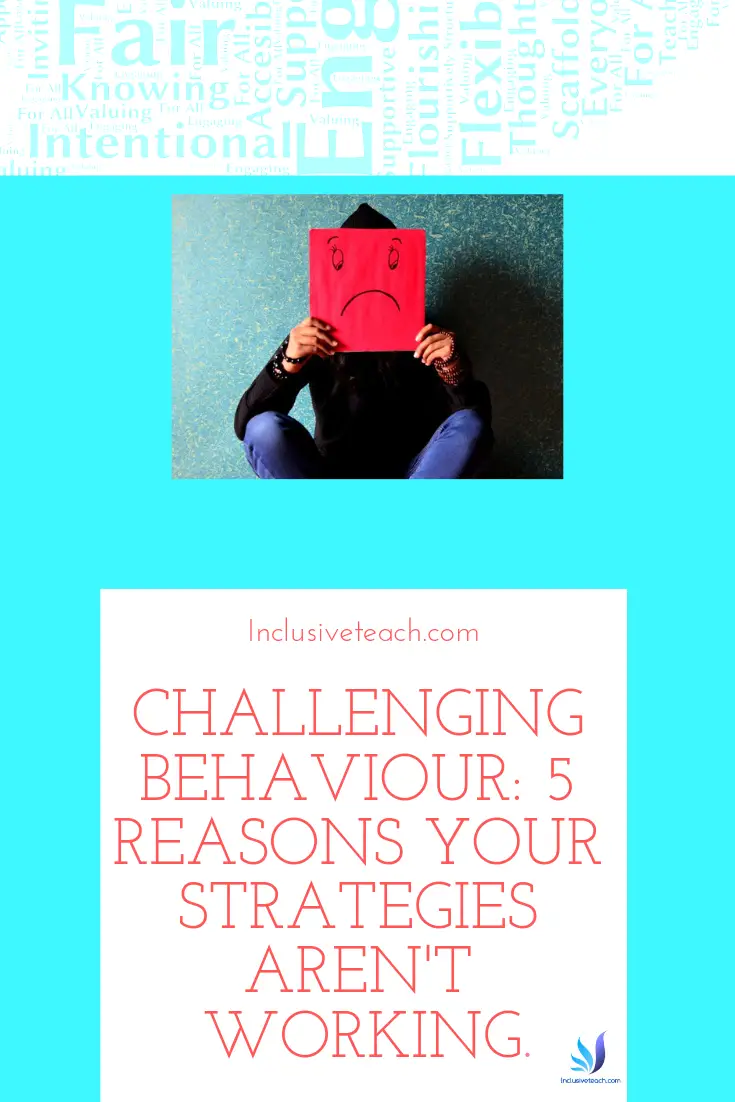

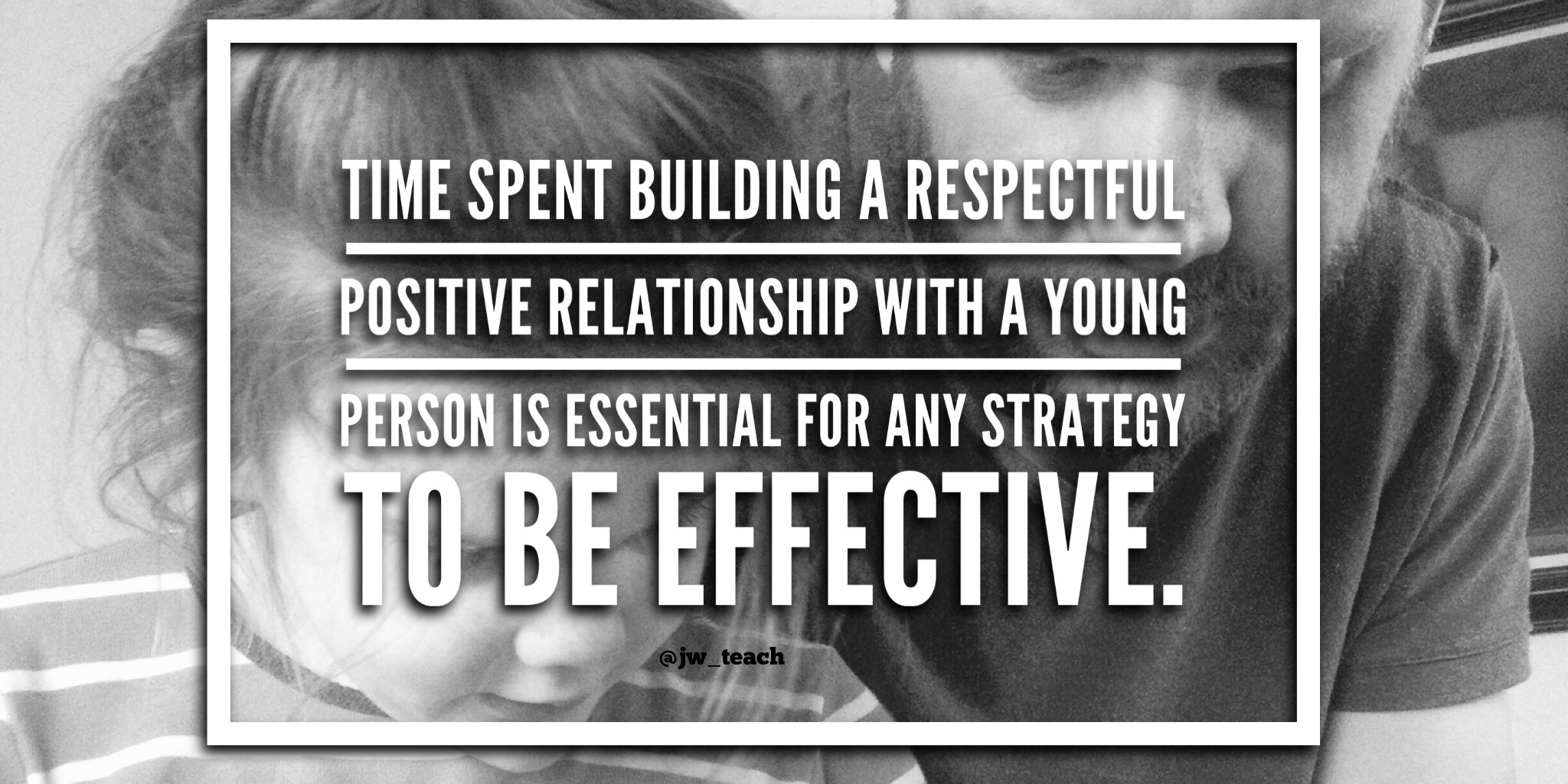


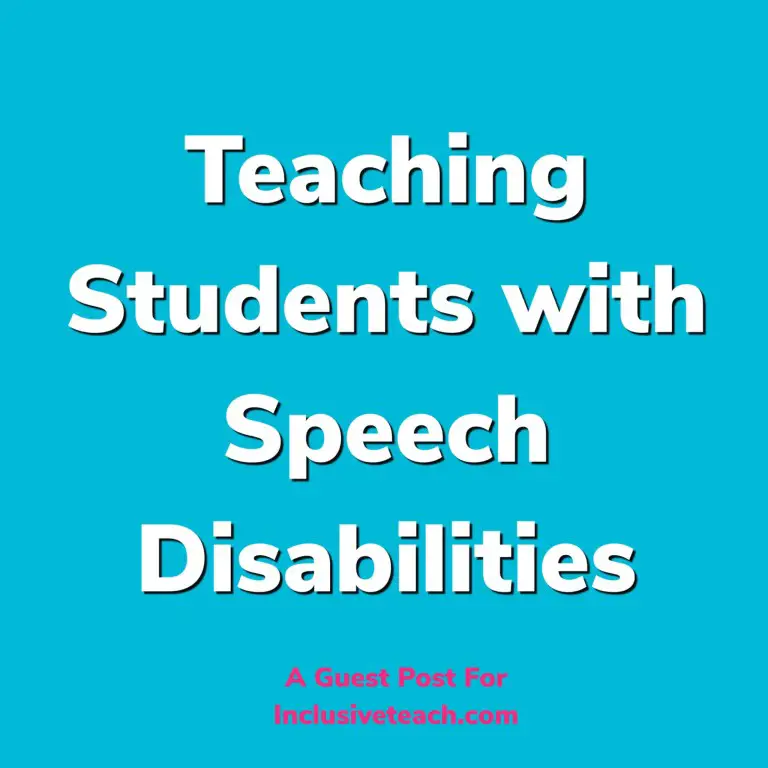

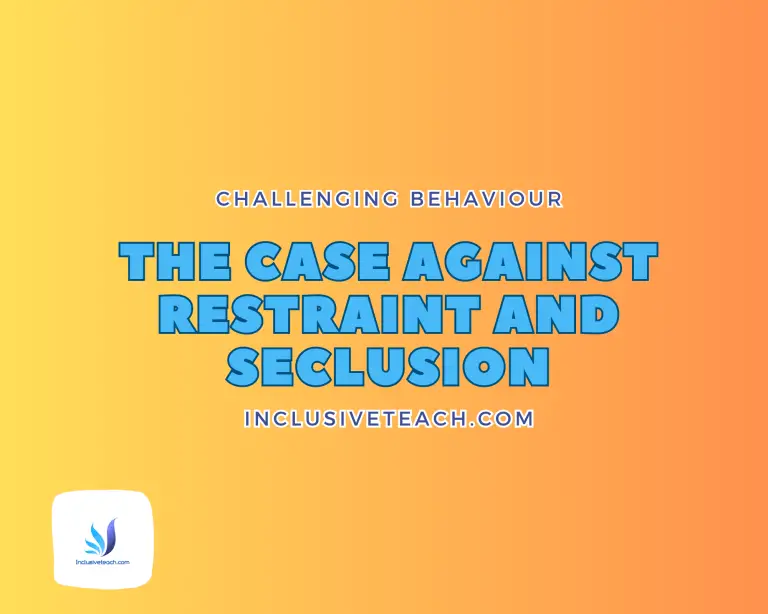

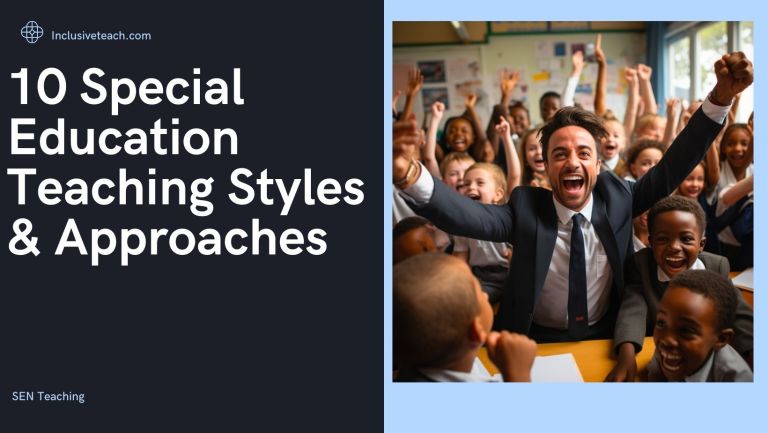
The sad thing is these strategies should be enforced in mainstream teen education too. Just because a child isn’t labelled special needs it doesn’t mean they don’t have a complex home life or a difficult puberty. Yet when they ‘lash out’ mainstream turns to sanctions.
Yes I totally agree, these are the strategies we use. When I started 8 years ago we had a sanction book – it was empty and is long gone.
Never block an exit door in a classroom. I have seen vulnerable teachers unsure what to to, attempt block a student from exiting to catastrophic results. Thrown chairs, exclusions. If they need to leave that badly they should be able to. You could save them from making worse choices.
A great Post Joe.